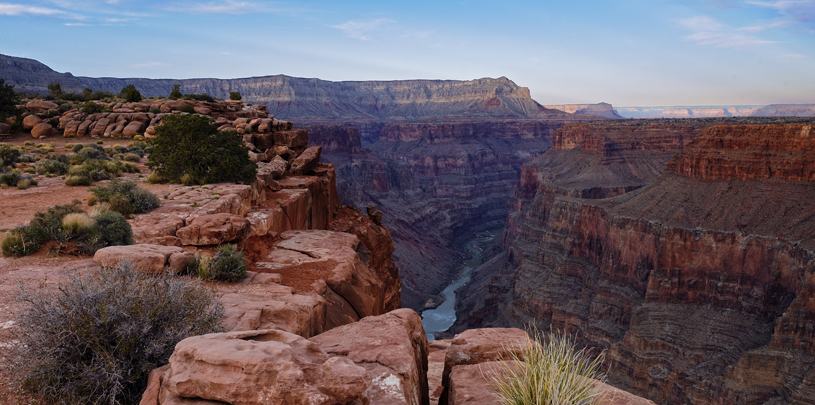
 by Roger Clark, Grand Canyon Director
by Roger Clark, Grand Canyon Director
Over 800 active mining claims lurk on national forests and other public lands around Grand Canyon National Park. Right now, a temporary mining ban prevents new uranium mines from opening up shop here and putting the lands around the Grand Canyon, and the waters that flow into it, at risk — at least, for now.
Congress has an opportunity to protect this natural wonder from uranium mining once and for all. The Grand Canyon Centennial Protection Act, which was introduced in the U.S. House of Representatives on February 26, 2019, exactly 100 years after Congress created the park, would make the current temporary ban on new mines on about 1 million acres of public lands surrounding the national park permanent. It would protect the Grand Canyon from new uranium mines forever.
These lands are the ancestral and spiritual homelands of Indigenous peoples who have long sought to see them permanently protected from uranium mining. Native nations are consistent, persistent, and powerful protectors of the Grand Canyon's sacred lands and waters. Uranium mining has already left a toxic legacy here, contaminating land, air, and water. Now, Native American leaders are making their voices heard loud and clear in support of the Grand Canyon Centennial Protection Act.
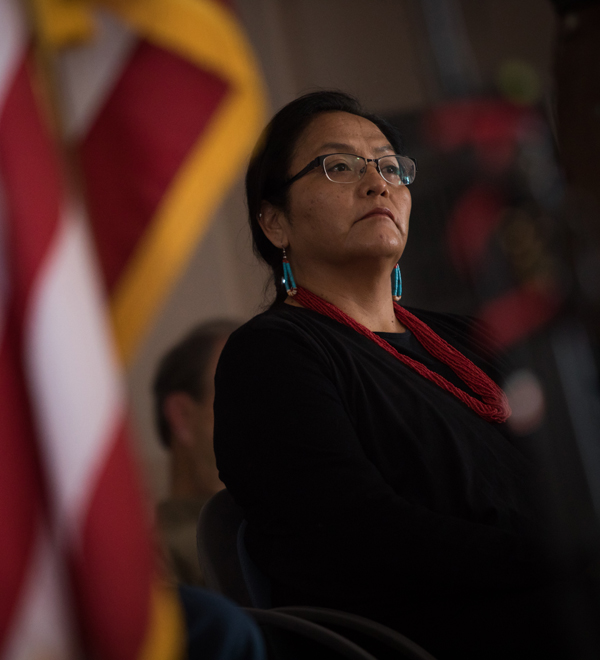
"Many voices, together, will stop uranium mining in this region. On behalf of the tribe, we have worked very hard and diligently with all allies here in Arizona and we’ve traveled many times to D.C. to have our voices heard, and our voice is: No more uranium mining in the Grand Canyon."
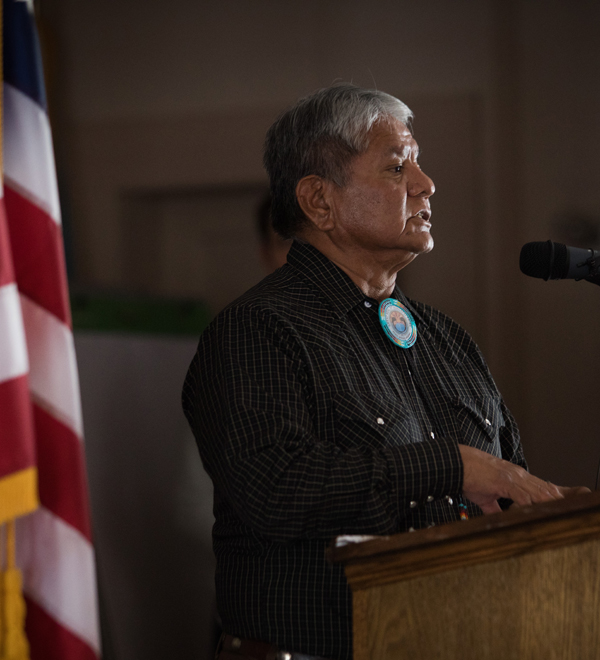
"Hualapai has been strong in trying to promote tourism and trying to bring in that market and income to the Hualapai Tribe, and it’s important to us. Mining is not. We hope and pray that this [bill] will become effective for the benefit of all the visitors at the canyon and for our people here, and our homeland."
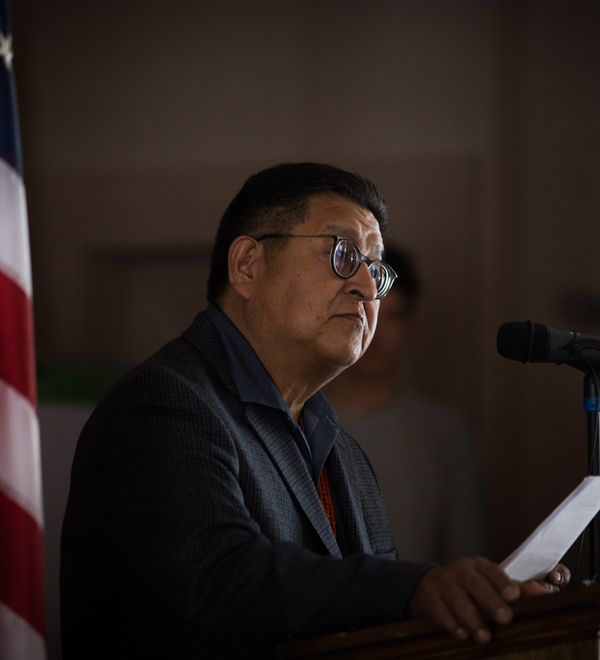
"The legacy of past uranium mining has left wounds on our land, our water, and our people. These wounds are not scars, for they have not healed. We want clean water. We want peace throughout the land. I ask all of you for your prayers. The Hopi Tribe supports the Grand Canyon Centennial Protection Act."
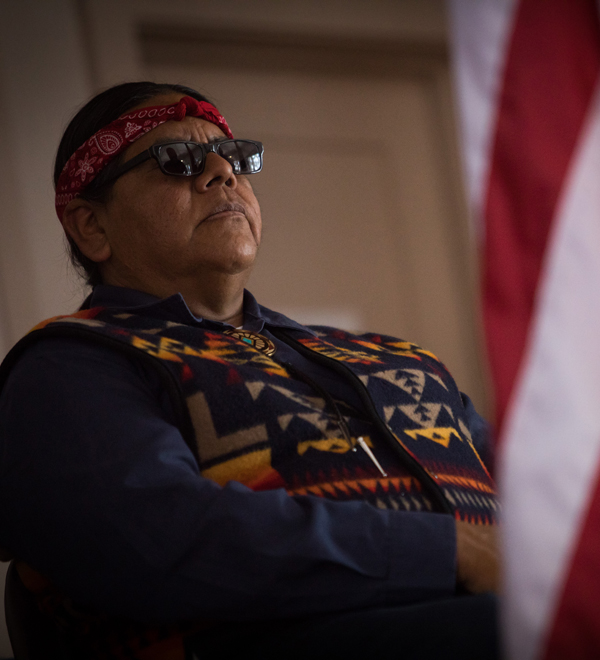
"The Havasupai have been here in the Grand Canyon from time immemorial...And we have a sacred duty to protect the land and the Grand Canyon from future desecration. Uranium mining is a threat to our homelands, a threat to our spring waters, and our land, and our future’s children. We need temporary protection to become permanent."
Act now. Urge your senators to support, co-sponsor, and push for a committee hearing for S. 387, the Grand Canyon Protection Act, to permanently ban new uranium mines on public lands around the Grand Canyon.
The Colorado River below Glen Canyon Dam is heating up. Find out why.
Read MoreGroundwater pumping at a uranium mine near the Grand Canyon will affect the canyon's springs, scientists says.
Read MoreArizona Governor Katie Hobbs is the latest elected official to call for an environmental review of Pinyon Plain uranium mine.
Read More